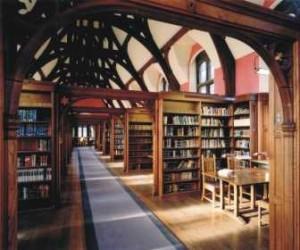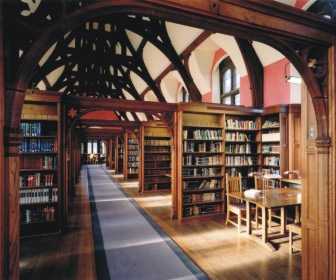
Whether you’re working on a screenplay, a novel or creative nonfiction, no writer will agree on what the most important aspect writing is. Some will tell you characterization. Some will tell you structure or setting. Others will argue it’s a combination of all three, just as long as you throw in some charged objects, persona voice and authenticity for good measure.
At least twice a week, during lecture at Pembroke College’s creative writing program, we’re given an exercise and a partner. In around five minutes, we’re supposed to craft something emulating the style of Samuel Beckett or Jane Austen or Isabelle Allende, and then compare it to our partner’s. Usually, the result is something wildly different, even though we were given the same assignment and constraints. It’s meant to prove that originality should never be a concern for aspiring writers. I find it, however, proof of how nebulous a task writing is.
There is never a right answer. There may be better endings or better plots, but there are most likely plenty of better endings, and plenty of better plots. It’s a paradox: writing is not straightforward, but it’s also the most straightforward thing to do — you’re writing about people, for people. All you have to do is observe and embellish, while blindly hoping that your instincts, your imagination and your ability to craft convincing dialogue are up to par.
Writing is an exercise in independence. At the end of the day, you can’t compare yourself to other writers, because although you might steal their style or a few plot points, your story will ultimately be a completely unique, organic thing that some people will love and some people won’t.
Probably the best advice I’ve received at Cambridge has nothing to do with the technical aspect of writing, but rather the contradiction that while writing is a solitary pursuit, it can also be a very social one. Not just in terms of workshopping your pieces and sharing with friends, but in embracing the universal community of writers, from current ones to Dickens, Hemingway and Melville. One of our lecturers was adamant that as a writer, one of the most important things you can do is not see other writers as enemies, but rather as friends.
Which is basically just a long-winded way of saying that the best thing you can do for yourself as a writer is read. It’s an extremely trite remark, but there’s only a certain amount that lectures, supervisions and seminars can teach you. In honor of a very literary and book-centric summer, here is a list of books that demand to be read, whether you have ambitious literary goals or you just want to find your next favorite novel:
- “The Goldfinch,” Donna Tartt — The winner of the 2014 Pulitzer, Tartt’s newest novel combines art theft, a glimpse into a sometimes glamorous, sometimes hideous criminal underworld, and unrequited love in a book that is masterfully complex while still deceivingly simple.
- “Mrs. Dalloway,” Virginia Woolf — Easily one of my favorite books, “Mrs. Dalloway” takes place over the course of one day through the perspectives of Clarissa Dalloway, a high-society woman, and Septimus Smith, a war veteran. Follow it with Michael Cunningham’s “The Hours,” an adaptation of Woolf’s text and a Pulitzer winner.
- “The Virgins,” Pamela Erens — A tragic and fresh take on the boarding school novel, “The Virgins” follows the lives of a notorious and unlikely couple, told through a not altogether unbiased narrator.
- “American Pastoral,” Philip Roth — Roth is a legend. He’s prolific. His list of literary awards is staggering. “American Pastoral,” which follows a legendary athlete and his fanatical daughter, is considered one of Roth’s best works.
Kim Bussing is a rising junior in the College. This is the final appearance of Top Shelf.















collinsegura • Aug 17, 2014 at 12:49 am
American Pastoral is da bomb. Glad to see it included!